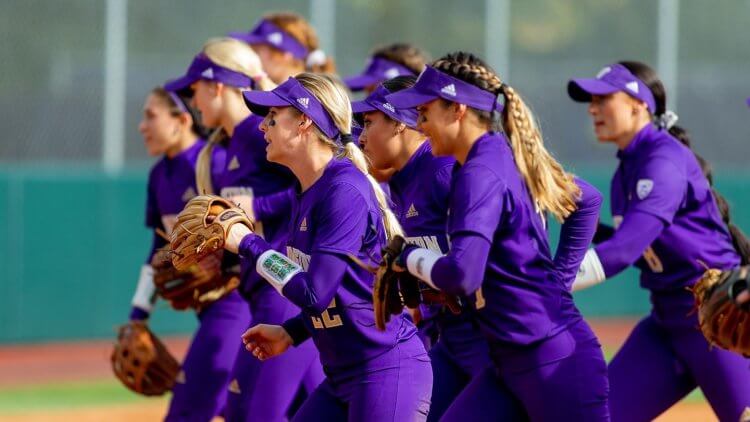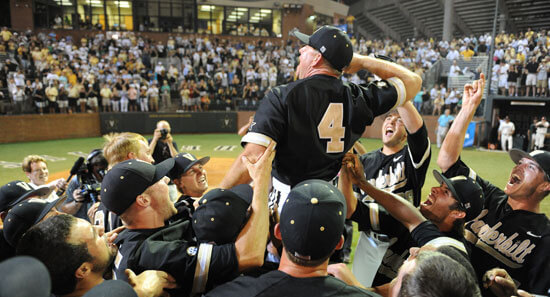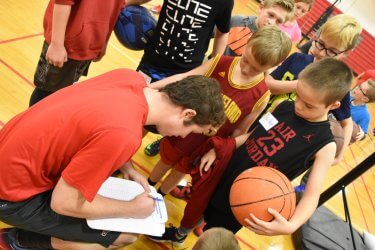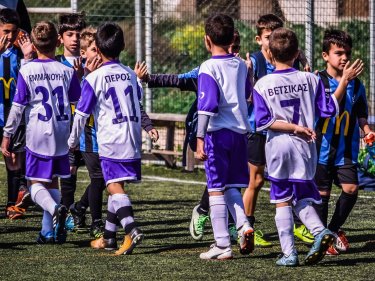(3 Minute Read)
The question, “How does one become an effective coach?” is something that I have pondered and my perspective on the answer to this question has changed over the years. Previously, I equated effectiveness with the coaches that had the highest winning percentage or had earned the most championships. However, the more I talk with, observe and research coaches at different levels, my perception of effective coaches now focuses on the holistic development (e.g., athletically, academically, civically, socially, etc.) of their athletes.
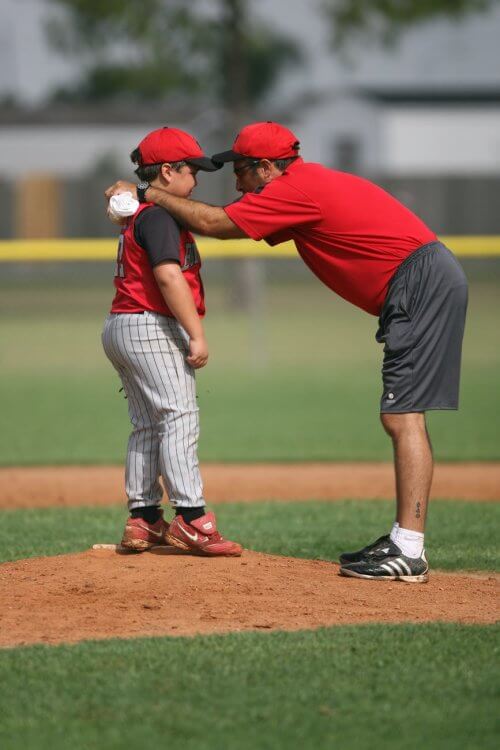
According to Côté and Gilbert (2009), effective coaching is “consistent application of integrated professional, interpersonal, and intrapersonal knowledge to improve athletes’ competence, confidence, connection, and character in specific coaching contexts” (p. 316). Based on this description, effectiveness is reached when a coach consistently works on his or her development through the following three types of knowledge to positively develop one’s athletes in and out of competition:


